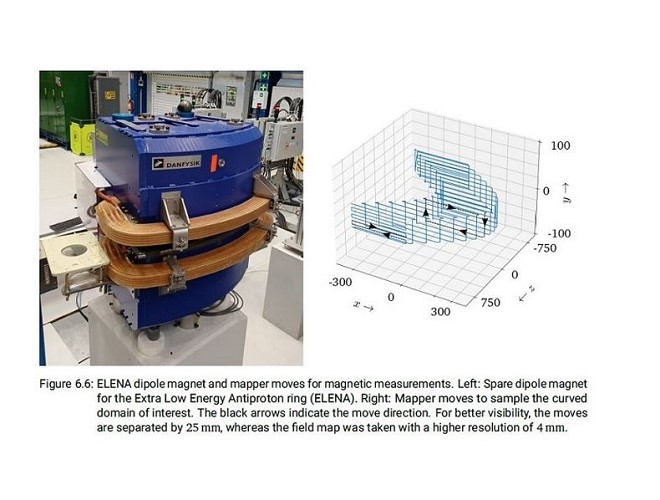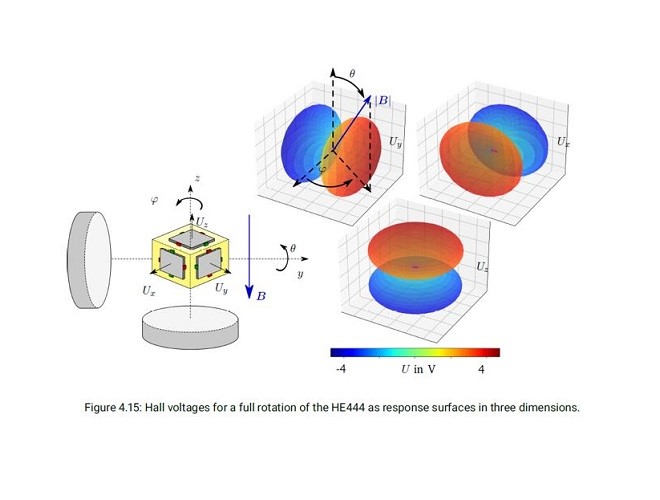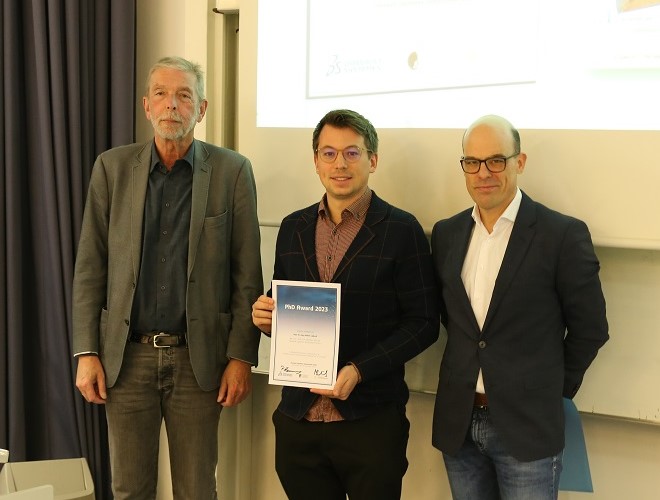For six years now, Dassault Systèmes has annually awarded, in collaboration with the Technical University (TU) Darmstadt, outstanding doctoral theses in the field of engineering. Last year, Dr. Melvin Liebsch in his dissertation, put the spotlight on how measurement data can be optimally combined with simulation. Dr. Liebsch shares some insights into his work in this interview.
For Dr. Melvin Liebsch, being awarded for his doctoral thesis at TU Darmstadt is one of those moments that will stay with him throughout his engineering career.
“This award means a lot to me,” explains Dr. Liebsch. “Because it is presented by a top company in the field of numerical simulation with a lot of experience and expertise, especially in relation to my research focus. This recognizes my work in a very special way. Thank you very much!”
Awakening the spirit of research
In 2018, the trained electrical and information engineer completed his master’s degree but was already certain early on, that his journey of knowledge would continue.
“When I first came into contact with doctoral students, it was clear to me that I also wanted to pursue a Ph.D. This happened during an internship at CERN, the European Organization for Nuclear Research, in 2013. During my subsequent roles as a working student at BMW and at the Chair of Technical Electrophysics (TEP) at TU Munich, I got more and more confident,” reports Dr. Liebsch.
Back where it all began
His Ph.D. took him back to CERN. And in combination with the Graduate School of Computational Engineering at TU Darmstadt, he found the ideal supervision team for his dissertation. “This was exactly what I wanted: scientific research with practical relevance,” says Dr. Liebsch.
His research project focused on the question of how measurement data and simulations could be optimally combined. Dr. Liebsch explains why he chose this particular topic: “Measurements and field simulations are typically flawed. These errors must be taken into account in our conclusions. Therefore, it is essential to bring both worlds together. We use statistical methods to weigh between measurements and simulations. These methods are closely related to optimal filters, such as the Kalman filter, an algorithm used to estimate state variables based on faulty measurement data,” explains Dr. Liebsch. “The hybrid model resulting from my research bridges this gap. It is based on physical equations, known as ‘first principles,’ but is driven by measurement data, meaning it has an empirical character. It better represents the true state of the magnet, allowing, for example, the calculation of particle trajectories.”

As a case study, Dr. Liebsch examined the mapping of the magnetic field of an accelerator magnet in his dissertation. Such field measurements are very labor-intensive and error-prone when only considering measurement data. However, with the help of this hybrid model, the measurement time can be significantly reduced, measurement errors filtered, and measurement positions optimally distributed.
Among others, the Opera Simulation Software was used for this, a software suite for finite element analysis that allows users to perform simulations of electromagnetic (EM) and electromechanical systems in 2D and 3D.

“For my research, this was a crucial component, as such simulations provide the basis for deriving the hybrid model,” explains Dr. Liebsch, who is currently working as a postdoctoral researcher at CERN, focusing on the metrological characterization of normal and superconducting accelerator magnets.
Your skills, our future
According to the MINT Autumn Report of the Institute of the German Economy (IW), Germany is facing a shortage of around 300,000 skilled workers. The majority of this shortage, according to the study, is in the energy and electrical professions.

“I still see Germany as being on a good path as an economic location, even though the transition in the energy sector comes with significant challenges,” says Dr. Liebsch. “Especially here, talented and motivated engineers are needed to further advance German ingenuity. I believe it is crucial to inspire young people for science and technology early on, for example, through Kids Days, appropriate educational offerings in schools, and much more. Only in this way, we can generate interest in studying in this field.”
Join our competitions! Show-off your talent and level-up your skills!

